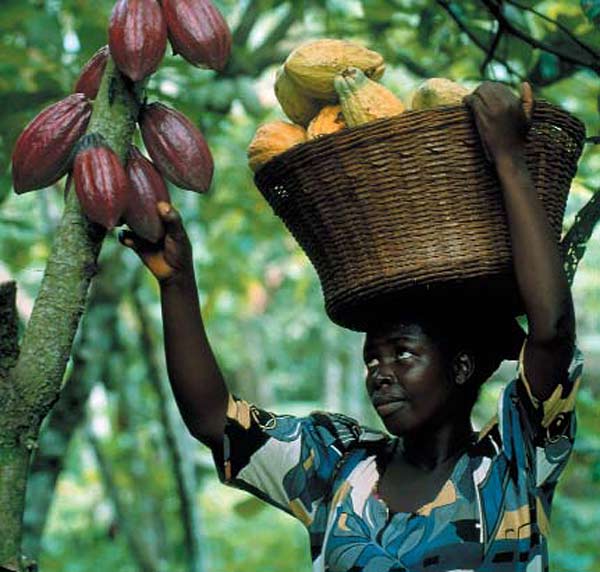On September 25th 2015, world leaders will commit to The Global Goals for sustainable development including ending extreme poverty and fighting inequality. Malawi’s young farmers sing out loud to show farming can be one way to do this. Their song Kondwa was inspired by the song ‘Happy’ by Pharrell Williams.
‘I’m 21. Look at me. I’m self-reliant, I buy my own clothes, go to the salon for my hair and I’m a farmer.’ Juliette Harawa, 21, is just one of the many young farmers ready revolutionize rural Malawi. ‘The big problem is when the young think farming is just subsistence and traditional. It isn’t. With the right means we can turn it into a modern business,’ says Juliette.
Malawi needs to be driven out of its rural rut. The World Bank’s most recent data shows the country is the poorest in the world. Agriculture employs 80% of the people but is crippled by a reliance on the single erratic rainy season, droughts and poor soil fertility. There is limited rural infrastructure, low diversification, and poor access to credit, quality seeds and markets.
Malawi is an agro-based economy, it shouldn’t be so poor and hungry. The stifled potential of youth in the agricultural sector is hindering Malawi’s potential to fight back. 2 out of 3 people in Malawi are under 25 yet they face serious under and unemployment. Young farmers want change and can show how farming is the future when conditions are right. Access to modern tools, quality seeds, training and capital for example. We asked young farmers in Mchinji in central Malawi to share their views, stories and demands. From this animated workshop came their catchy ‘kondwa’ (happy) tune.
Studies show that sustained agricultural growth is 2 – 4 times more effective in reducing poverty than any other sector. Malawi’s President Mutharika wants young people to drive this growth. Plans are being made for training centres to improve skills and focus on agro-industries and value addition. Every village in Malawi boasts young farmers desperate for these changes to become tangible.
ICRISAT has been working with farmers in the drylands over the last 40 years to ensure their research has a positive impact on smallholder farmers. Access to drought and pest resistant seeds innovative water and soil conservation, famine-beating farming, agribusiness, better nutrition and women empowerment are just some of the results.
ICRISAT is committed to the Global Goals to overcome poverty and hunger, achieve good health and gender equity and tackle climate change.

